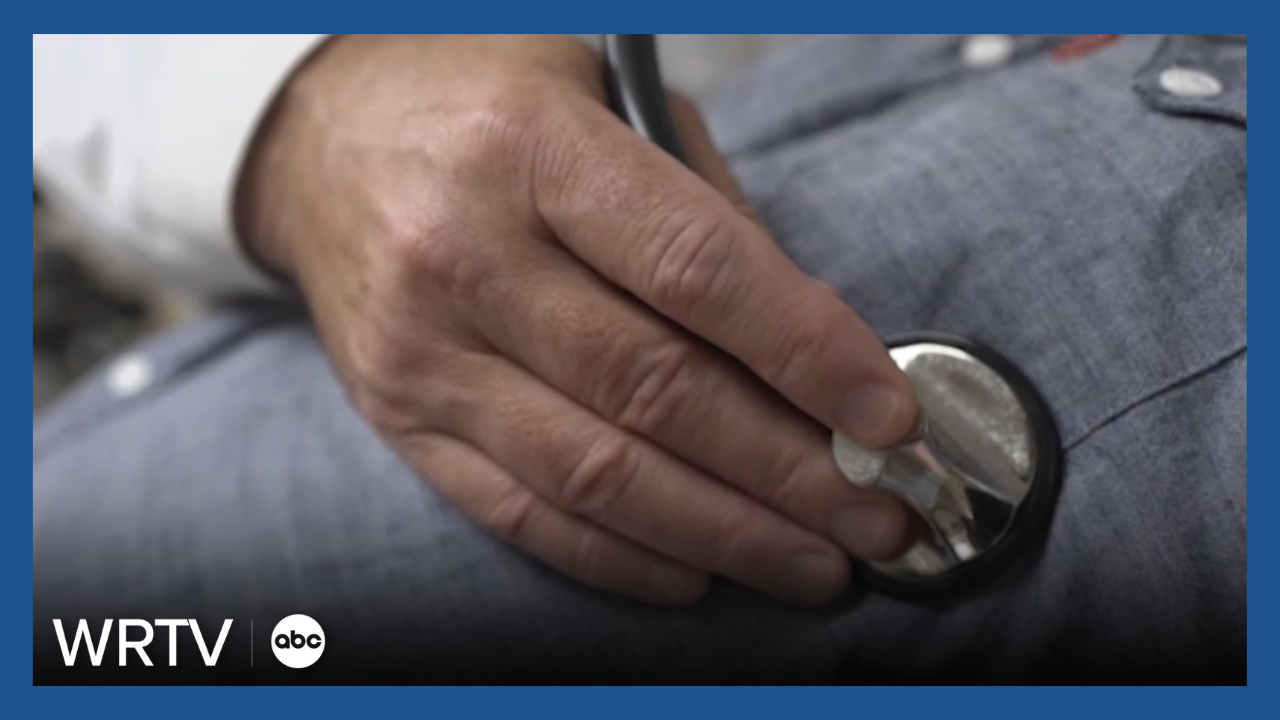INDIANAPOLIS — A hot July afternoon isn’t stopping people from walking or running along the canal.
"About six, I’m like halfway through," said runner Laura Shake
"About five miles," said runner David Flaherty.
For Shake and Flaherty, getting in those miles is routine.
"It’s the only time I’ll be able to work out," Shake said.
"Kind of regimented. It’s part of my routine—hot or cold, I’m coming out," Flaherty said.

They both say the key is staying hydrated, drinking water and electrolytes, but are they drinking enough?
"No, absolutely not. I know I could be drinking more, but I would say I get like 60 ounces," Shake admitted.
"I do. I’m a big drinker, so yes, I drink a lot of water," Flaherty said.
"I think most people probably don’t drink enough water," said Dr. Joe Richardville, a sports medicine physician at Franciscan Health. "More than a gallon of water a day is really what we need to support our bodies the best way we can."
Drinking enough water isn't just about avoiding headaches or feeling dizzy on a hot day, but also about preventing chronic dehydration. Chronic dehydration is when your body is lacking fluids for an extended period and can have serious consequences.

"When you don’t have enough fluid to get oxygen or nutrients around the body, a lot of those body processes can really struggle, even fail," Richardville explained.
That includes putting stress on your heart.
"If you don’t have that blood volume that you need, the heart has to pump a lot harder to get all blood around, get it moving around enough to get oxygen and nutrients to the rest of the body," said Richardville. "And if that’s chronically ongoing, you’ll notice an elevated heart rate when you're chronically dehydrated, and an elevated heart rate can be something that over time can put your heart at risk of wearing down, wearing out."





